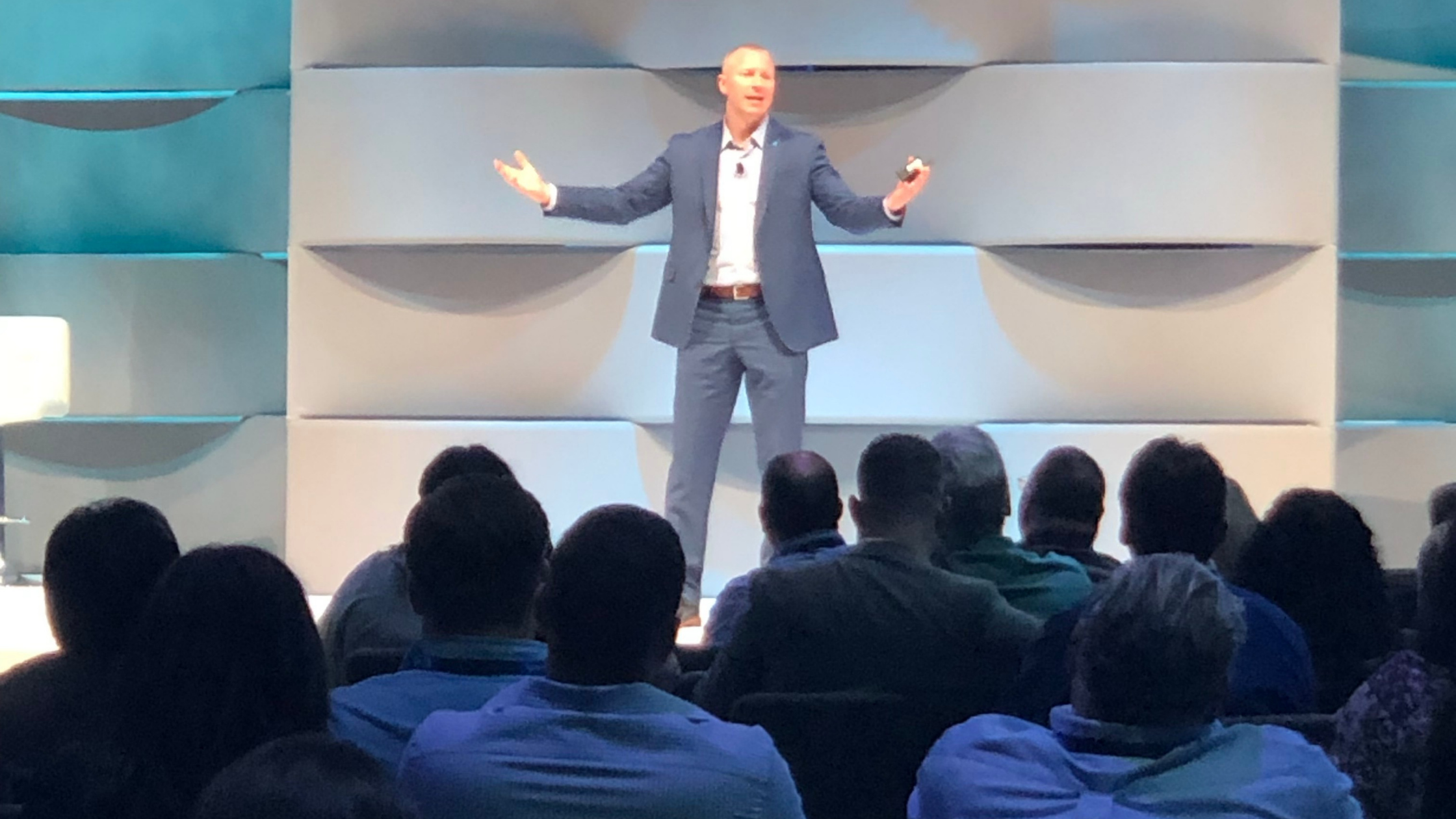FIND THE ELEPHANTS OF EMOTION TO SET YOUR TEAM IN MOTION
The great leadership mastermind and thought leader, John Maxwell, once wrote, “You can’t move people to action unless you first move them with emotion.”
Working as a leader in several different lines of business for hospitality and entertainment brands such as Disney, Wynn Resorts, and The Cosmopolitan of Las Vegas, I finally had a realization:
We love our favorite resorts, restaurants, bars, airlines, vacation destinations, and hospitality experiences for the same reasons we love our favorite leaders.
It’s because of how they make us feel and what they inspire us to go do.
There’s a psychological reason for this.
Psychologist, Jonathan Haidt, wrote about an analogy of what’s going on inside the human brain, which depicts an image of a human rider perched atop a six-ton elephant. The rider represents our logical side of the brain, and the elephant represents our emotional side of the brain.
While the rider (logic) provides the direction (analytical abilities, reasoning, and intellect), the elephant (our emotions) provides the energy to move in any given direction. If the two ever disagree as to which direction to go or whether to even move at all, who do you think will win?
The elephant! It has quite a weight advantage.
In short, it’s the emotion which actually drives decisions we make and the actions we take.
Not the logic.
Leaders who lead with hospitality understand that before anyone is compelled to do anything, they first must feel.
They also understand that to be a great leader of people, it’s less about what they do, themselves, and all about how well they can connect with and inspire groups of people to transform into a high-performing team of people; ultimately leading them to success.
Leading with hospitality is the ability to connect with people on a human level and inspiring them to go to the next level by making them feel welcome, comfortable, and important. Once people feel those three things, they become inspired to do more, become more, and deliver more for their organizations, teams, leaders, and even for their own families at home.
More specifically, here’s why it’s worthwhile to be intentional and purposeful about making sure your teams feel welcome, comfortable, and important:
When people feel welcome:
- They relax and begin to feel safe, which allows them to be themselves.
- They begin to have an open mind, which sparks their creativity for new, fresh ideas.
- They have less anxiety and fear, fewer doubts, and more energy, passion, and commitment.
When people feel comfortable:
- They open up and engage in more conversation.
- They become more curious with more exploration, research, and discovery.
- They foster deeper relationships with each other and feel like they belong.
When people feel important:
- They become more confident, leaning into their special talents and uniqueness.
- They become more productive, accomplishing more, in less time, with fewer resources.
- They become inspired to push even harder and go even further.
How to Lead with Hospitality in Six Simple (but not always easy) Steps
Leaders leading with hospitality understand how to connect, strive for self-mastery, serve, engage, coach, and inspire; in that order.
If any one of these steps is taken out of order, it compromises a leader’s ability to appeal to and motivate “the elephant” (the emotions) which gives people the energy and enthusiasm to move, take action, change behavior, become their best, or deliver their best work.
How to Lead with Hospitality in Six Simple (but not always easy) Steps
- Connect on a human level, which opens the door for you to take your team to the next level.
- Strive for self-mastery, and you’ll become the best version of yourself. Before we can lead others to become their very best, we must first learn how to lead ourselves.
- Serve others, continually looking for ways to add value to their lives and work, before you look for ways to further your own agenda.
- Engage with others, through productive conversations, which spark curiosity and ultimately lead to meaningful, trusting relationships.
- Coach others once you’ve earned the right to do so with steps one through four and help them set goals and develop action plans to become their absolute best. Create environments primed for self-motivation among every member of your team.
- Inspire people with relatable stories, memorable experiences, and by creating meaningful work.
If any one of these steps is taken out of order, it compromises a leader’s ability to appeal to and motivate “the elephant” (the emotion) which gives people the energy and enthusiasm to move, take action, change behavior, become their best, or deliver their best work.
Lead with hospitality…
Hey, before you go…you’re clearly committed to being a great leader. Here’s a complimentary Commitment to Connection Action Plan I created to help you stay connected to your team. Get it here.






